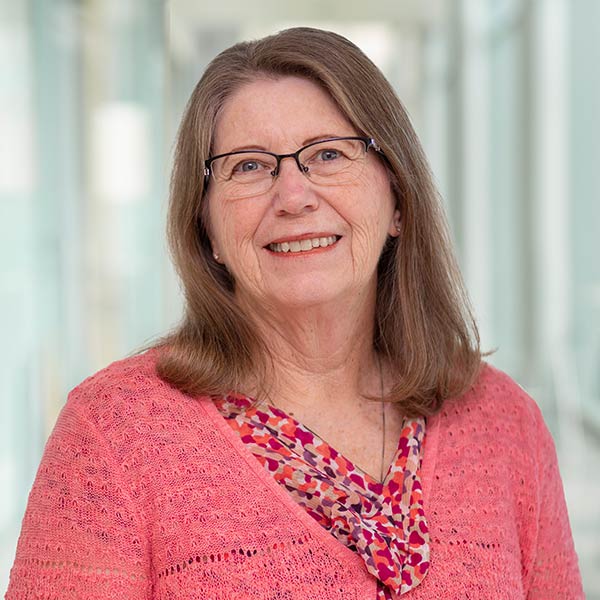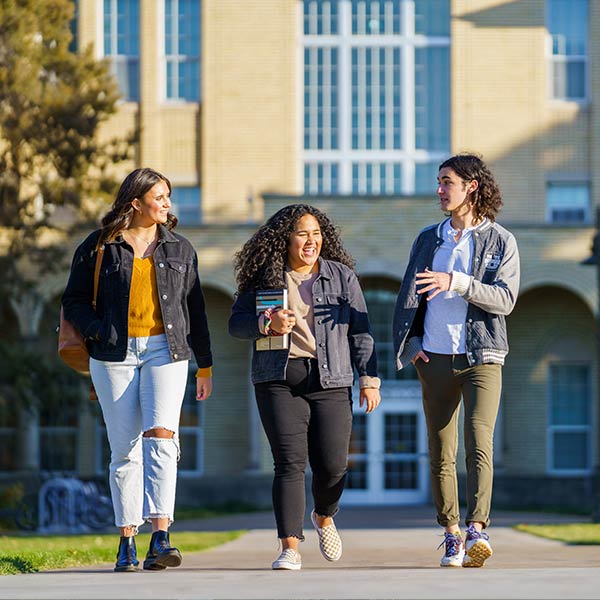Advance Your Engineering Career
With growing need for advanced materials and sustainable energy, there is high demand for innovation and new leadership in mechanical engineering fields. A master’s or PhD makes you more competitive and can help you reach even the most ambitious career goals. The Mechanical & Aerospace Engineering Department offers research-intensive degree pathways for students pursuing careers in R&D, national labs, or higher education. A non-thesis track is designed for those who want to increase their technical knowledge and expand career opportunities. Our graduate programs are led by award-winning faculty who provide high quality teaching and real-world learning experiences. If you’re ready to advance your career, a graduate degree in mechanical engineering from USU can help you get there.
Choose the degree path that’s right for you. All programs are offered face-to-face at the USU Logan campus.

Degrees Offered
Master of Science (MS) in Mechanical Engineering
- Plan A: coursework plus thesis. Designed for students considering a PhD or career that requires research experience.
- Plan B: coursework plus research report. Ideal for students pursuing engineering careers that require advanced design experience.
- Plan C: coursework only. Designed to help students increase their technical knowledge and expand career opportunities.
Doctor of Philosophy (PhD) in Mechanical Engineering
The PhD is a research-intensive program for students pursuing advanced leadership roles or who plan to teach engineering at 4-year colleges and universities. Students can begin the PhD program with a bachelor’s or master’s degree.
Student Stories
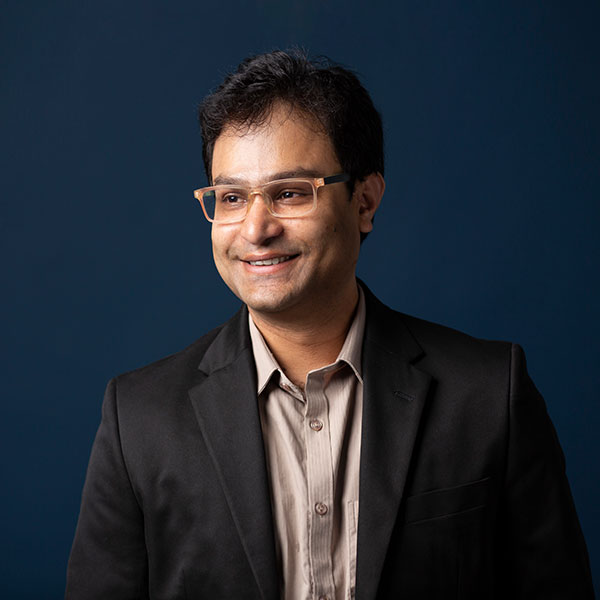
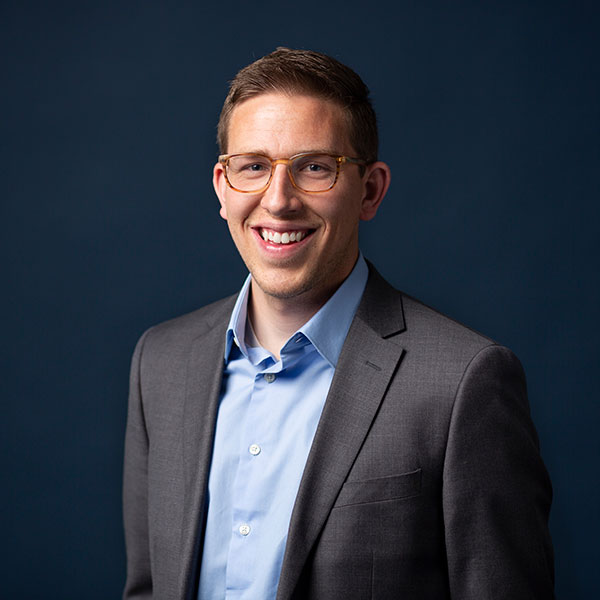
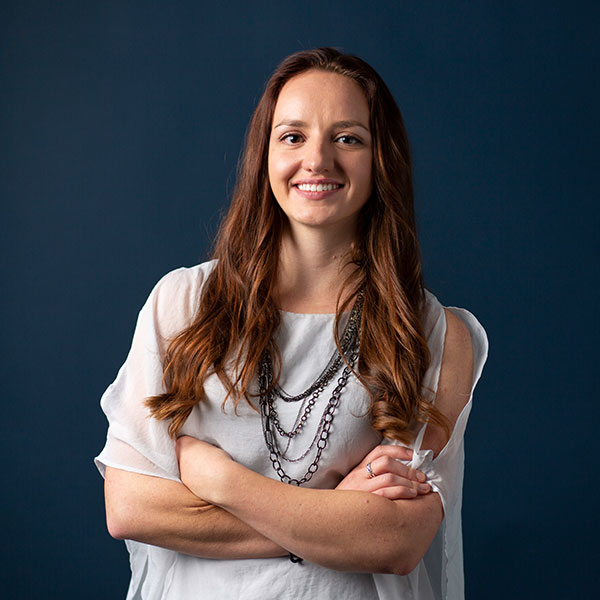
Research Areas
- –Composite Structures and Materials
- –Fluid Dynamics
- –Heat Transfer
- –Material Science
- –Microscale/Nanoscale Science
- –Nuclear Energy and Materials
- –Numerical Methods
- –Renewable Energy
- –Solid Mechanics
Faculty
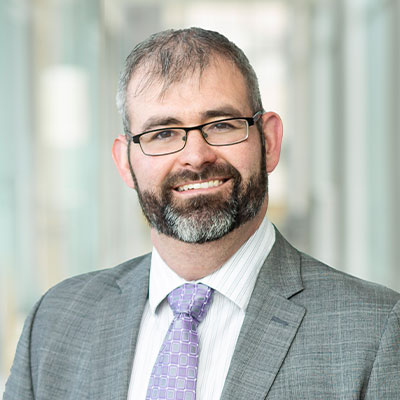

Som Dutta
Fluid Dynamics, Heat Transfer, Nuclear Energy and Materials, Numerical Methods
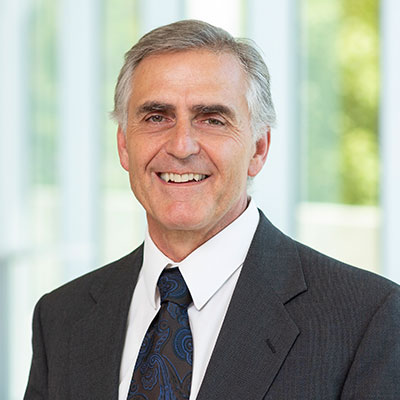
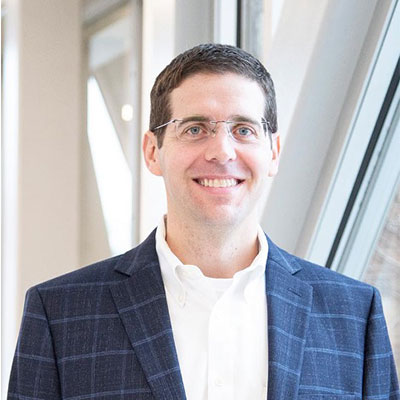
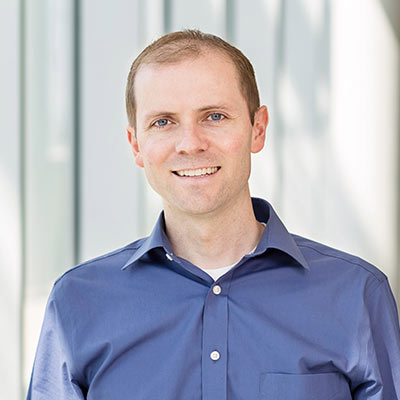
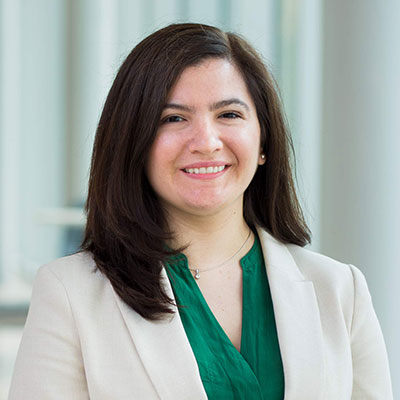
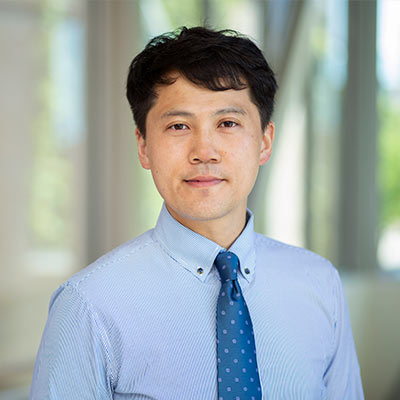
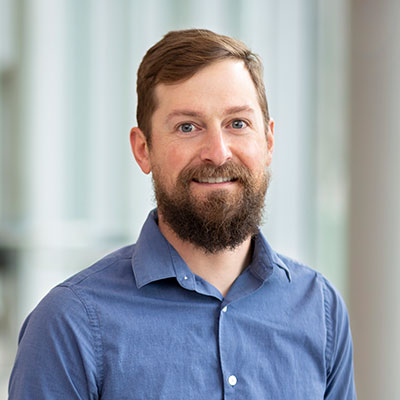
Nick Roberts
Heat Transfer, Material Science, Microscale/Nanoscale Science, Nuclear Energy & Materials, Renewable Energy
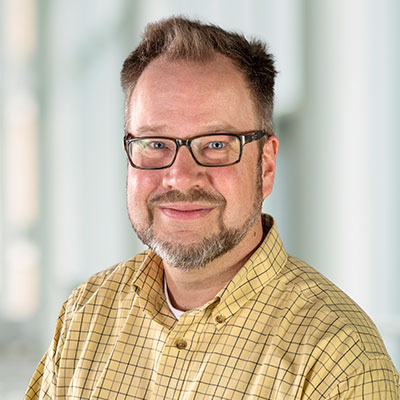
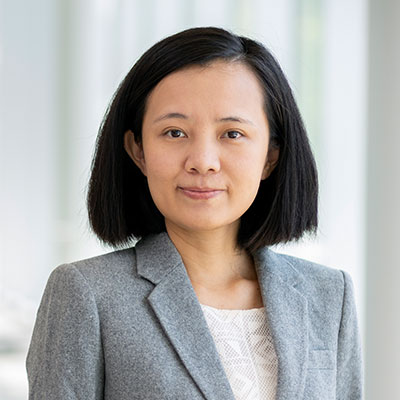
Yanqing Su
Fluid Dynamics, Material Science, Microscale/Nanoscale Science, Nuclear Energy and Materials, Solid Mechanics
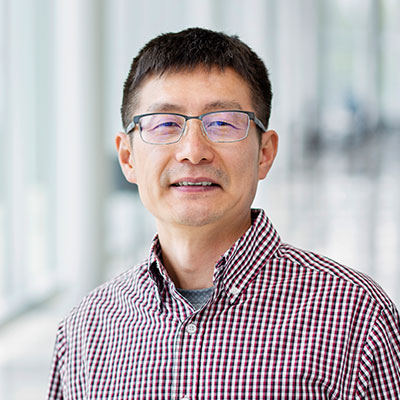
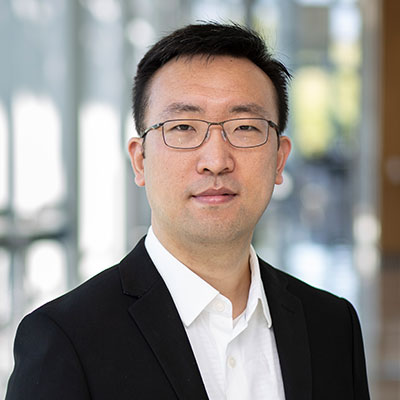
Haoran Wang
Material Science, Microscale/Nanoscale Science, Numerical Methods, Renewable Energy, Solid Mechanics
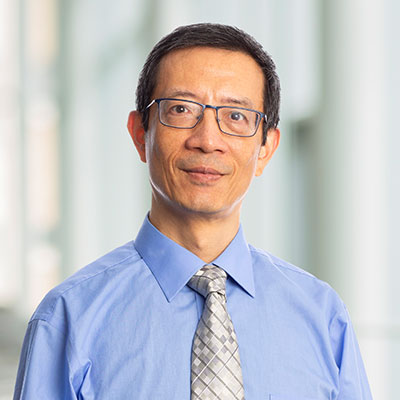
Facilities

Experimental Fluid Dynamics Laboratory
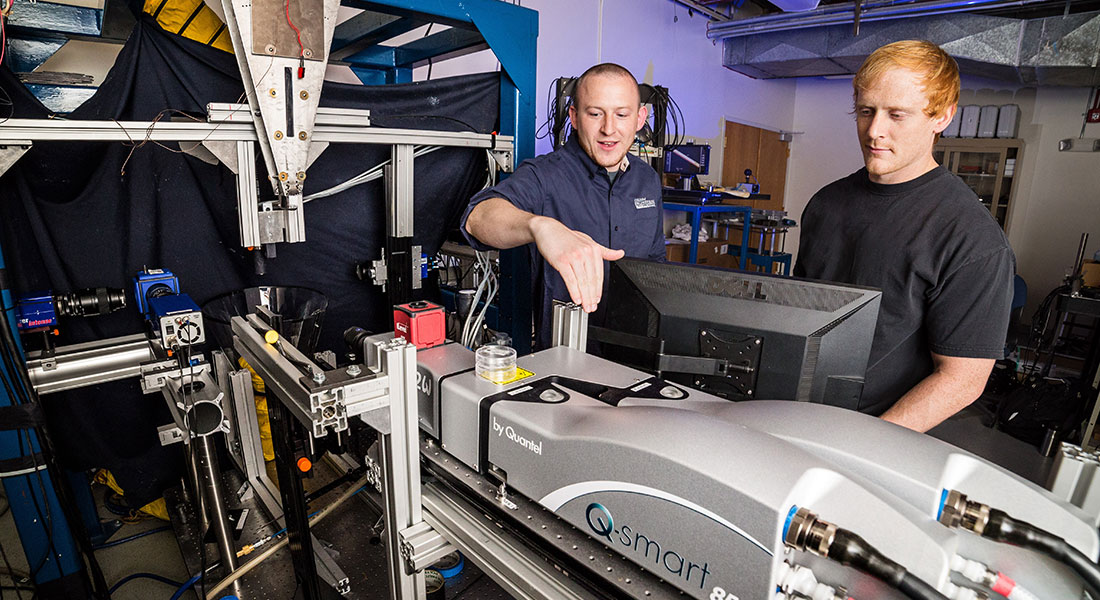
Flash Lab
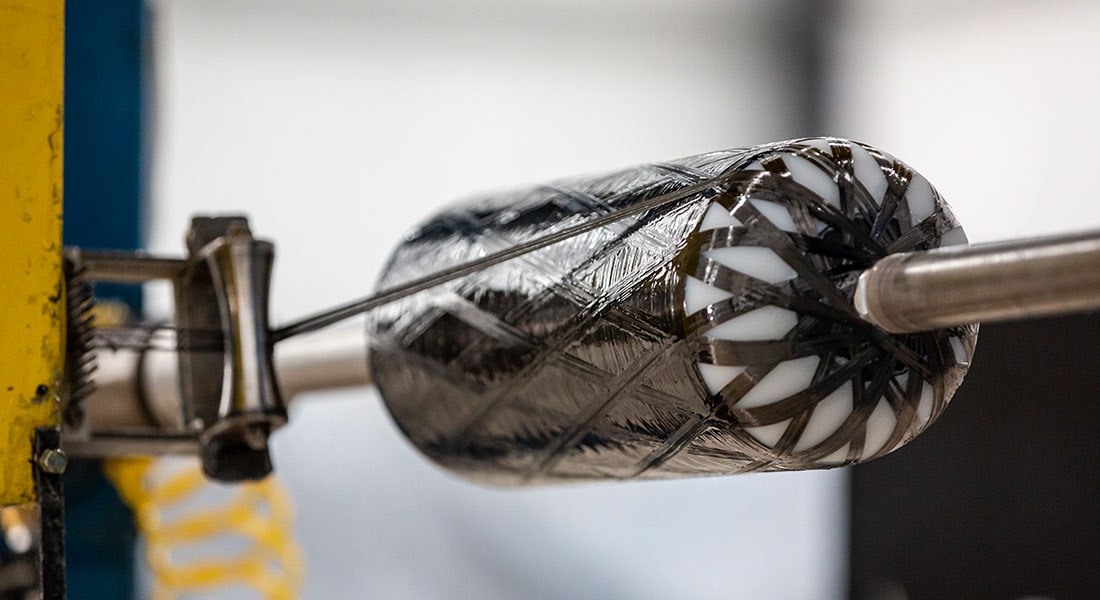
Advanced Materials Lab
Ready to Apply?
Minimum Requirements
- –GRE scores are used by some faculty in choosing students and in funding decisions and are therefore strongly encouraged.
- –Bachelor's in mechanical or aerospace engineering from an accredited program
- –Minimum 3.3 GPA
- –Familiarity with FORTRAN, C, or MATLAB
- –International students have additional requirements
Application Materials
- –Official Transcript
- –TOEFL (Test of English as a Foreign Language) Exam
- –Resume
- –Letter of Recommendation
- –Statement of Purpose (approx. 750 words)
Contact Us
Ready to learn more? Before applying to the USU School of Graduate Studies, contact Joan Rudd to explore current funding and enrollment opportunities.
